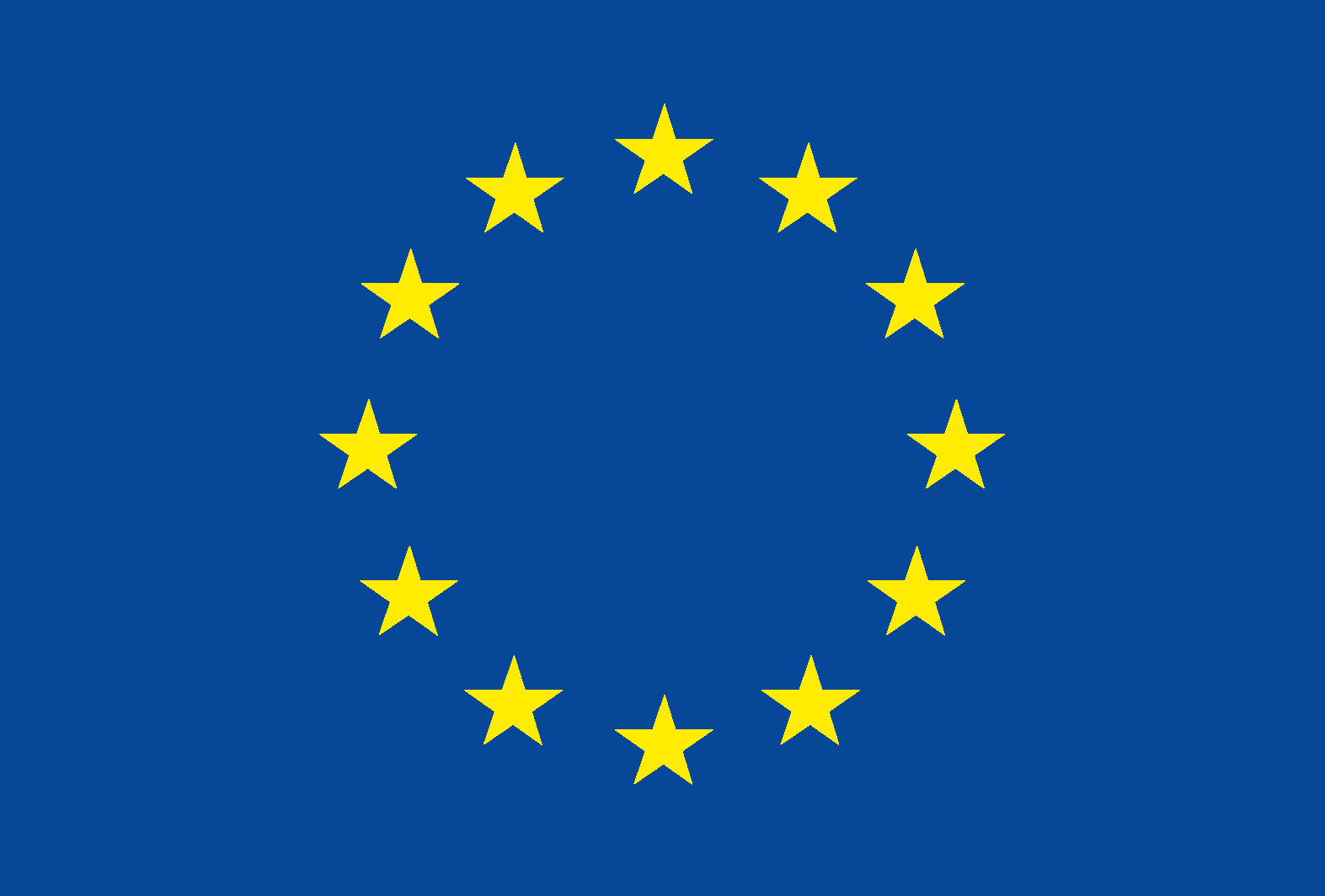Last time we spoke about what non-formal education is and why it is both useful and important. This time I want to tell you about how non-formal education is becoming more officially recognised, the ways in which the EU supports non formal education and how you can be involved.
Since non-formal education is so beneficial, varied and more importantly accessible to everyone it is important to recognise the achievements and qualifications gained by it. However, if something has no standard teaching methods or end assessment how can you compare the outcomes of two different non-formal methods or quantify the knowledge gained? In order to deliver maximum benefit to the participants of non-formal education they should be able to use their new knowledge and skills to help find a job, how is this possible without assessment and certification? How do we compare the outcomes of a non-formal education activity with any other? These are the challenges faced in non-formal education and they are challenges the EU and the Council of Europe are working to solve.
In 1998 European ministers declared non-formal education to be a priority area for the Council of Europe’s youth field and through the years the Council of Europe confirmed its commitment to non-formal education. They recognised that non-formal education could be a path of integration into society and the competences and achievements gained could be a door to further education, training and employment if they could be recognised and valued. At the same time the European Union has also taken its own measures to validate and recognise non-formal education and there are large amounts of legislation and policy papers dedicated to the validation of non-formal education from both institutions. You don’t need to go away and read a lot of very dry policy papers though because both the EU and the Council of Europe have developed tools that can be used to help assess and recognise, skills and knowledge gained through non-formal education, the EU has Youthpass and the Council of Europe the European portfolio for youth leaders and youth workers.
Another very important institute that anyone interested in non-formal education and youth work should know about is SALTO-YOUTH, standing for Support, Advanced Learning and Training Opportunities. SALTO-YOUTH is part of the European Commission’s training strategy within the Erasmus+ youth programme and consists of a network of seven resource centres across Europe working on different topics, regions or strategies.
Belgium – Inclusion & Diversity
Estonia – Participation & Information
Germany – Training & Cooperation
Poland – Eastern Europe & Caucuses
France – EuroMed
Slovenia – South East Europe
Austria – European Solidarity Corp Resource Centre
SALTO-YOUTH along with many other activities provides non-formal education training and resources for youth leaders and workers as well as organising training and support for organisations and National Agencies. The have their own set of tools for assisting and valuing non-formal education that can be found here as well as a calendar of training events throughout the year and a pool of experienced trainers who can deliver events.
Non-formal education is an important and growing field of training and education. It is more widely accessible than formal education and can be tailored to meet the needs of participants. The skills and competencies developed through non-formal education are just as valid and useful as those delivered any other way and to recognising and certifying them will lead to greater opportunities for many people. This journey to full recognition alongside formal education is by no means complete however it is worthwhile and the Council of Europe and the European Union have made it a priority and provided a place to start.

This week’s blog was put together by John Gillon, Rural Youth Europe’s Project Manager. If you would like to discuss any aspect of the blog with John, please e-mail projects@ruralyoutheurope.com
This blog is part of the Together Thursdays project, co funded by the European Union.

